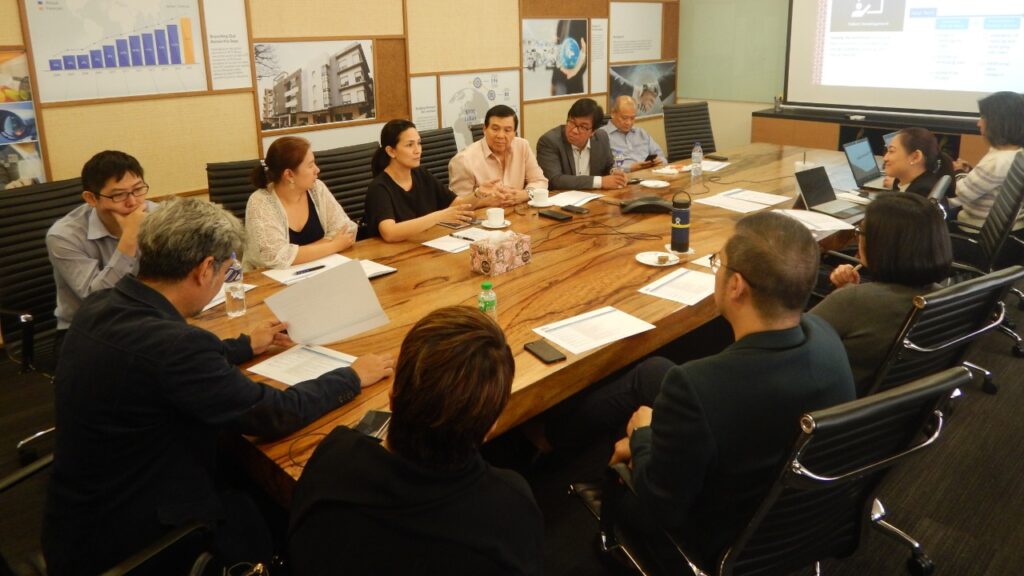Pivoting for continued growth and progress
by Elton Gagni / August 19, 2020
It is known across the globe that the Philippines is experiencing one of the longest lockdowns due to the ongoing pandemic. However, it came at the cost of the economy with the country being officially in recession at -16.5 percent. To help remedy the worsening impact of the pandemic, the government is now looking for ways to revive the economy. Thus, turning to more resilient industries that continue to thrive despite the situation — IT and business process management (IT-BPM), or more commonly known as business process outsourcing (BPO).
According to the IT and Business Process Association of the Philippines (IBPAP), the BPO industry in 2019 employed a total of 1.3 million Filipinos from across the country and another 4 million in indirect jobs. For the majority of its existence, the BPO industry has grown to become the second largest dollar investment contributor to the local economy.
With the Social Weather Stations’ recent survey, unemployment is a record high as 27.3 million Filipinos are without jobs compared to the 7.9 million in December 2019. The BPO sector now works to widen its ecosystem of opportunities as the Department of Labor and Employment continues to communicate employment opportunities for those who have lost their jobs, including returning OFWs.

To address this, IBPAP continuously communicates with both the government and companies to help address concerns on employment as well as the health and safety of the workforce. Bannering the Filipino talent as its lifeline, the industry group is also developing strategies alongside different public and private stakeholders including the academe to further improve talent competitiveness and pivot to higher-value services.
“Though efforts around capacity building had already been a priority for the industry, the pandemic has accelerated the shift to more digital solutions,” said Rey Untal, IBPAP President and CEO. “In this light, developing pre- and in-workforce through a strategic, scalable, and sustainable talent attraction and development initiative has become even more critical for the sector’s continued growth and expansion.”
To support its efforts, IBPAP is proposing to establish a national upskilling and reskilling program, which intends to upskill 1 million Filipinos over a five-year period. The initiative will offer near-hire training grants, upskilling vouchers, scholarships and immersions, student grants, and tertiary education subsidies for individuals; train-the-trainer programs and massive open online courses (MOOCs) for teachers; and boot camps and teaching opportunities for industry veterans.

A scaled pilot project is already underway in cooperation with the Department of Information and Communications Technology (DICT), the Development Academy of the Philippines (DAP), and IBPAP’s partner associations. A dedicated team for talent attraction and development has also convened with possible enabling partners to develop a framework for implementation and monitoring.
Top priority skill areas such as data analytics, medical coding, software development, six sigma, computer graphics, and digital animation have been identified for all six subsectors based on what can be efficiently deployed via online platforms, support countryside development, and improve teleworking capacity of the current and future workforce.
By end-of-year, 1,000 full-time employees are expected to be upskilled to serve as a proof of concept for a national upskilling and reskilling program that can potentially replicate the success of other talent attraction and development initiatives such as SkillsFuture in Singapore, TalentCorp in Malaysia, and the National Skill Development Corporation (NSDC) in India.
With only 54% of its workforce able to provide mid and high-value work in 2016, IBPAP expects that 73% of the workforce or 1.15 Million full-time employees will have taken up mid- and high-skill jobs by 2022.
“The adoption of next generation technologies will inevitably overhaul the current state of work. However, the transformation will be centered around the redefinition and augmentation of human work rather than elimination,” said Frankie Antolin, IBPAP Executive Director for Talent Development.
“The argument should not be about whether technological disruption will create or remove jobs. It should be more about finding ways to help humans wield these new tools and one way to accomplish this is to enable the movement of the existing workforce up the value chain through upskilling, reskilling, and promoting lifelong learning.”
As the world continues to change, the BPO industry stands out as one of the most resilient industries. From pivoting rapidly, it has become an avenue that provides not only employment opportunities, but also talent development that would support the Philippines’ economic progress.

Image Source: @machec | unsplash.com


